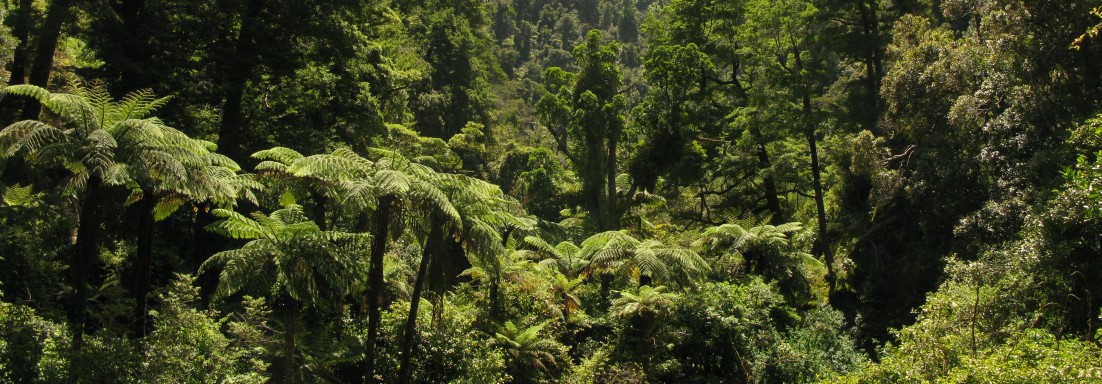This is the final in a series of four posts summarising the New Zealand Centre for Public Law and Victoria University’s ‘New Thinking on Sustainability’ conference, and focuses on some ways in which we might achieve change.
The call for new models of governance (resulting from the demonstrable environmental and social failures of centralisation) was taken up by Ben Gussen and his call for a shift towards local decision-making, reflecting the principle of subsidiarity (that local communities should have a say in their own governance – discussed more in part two).
Gussen’s contention is that our issue is one of scale, not only in the impact our population has, but in the cumbersome political models that now fail to act on our behalf. Gussen emphasised that humans are inherently political – our interdependence demands it – and suggested that current voter apathy is merely a problem of institutional design. Our adherence to the concept of a unitary state blocks the very diversity and plurality that might help better align us with the biosphere.
Neoclassical economics continues to model the world as a machine; under this paradigm it needs design, and can only function from the top-down. However new thinking focuses on the power of spontenaiety and self organisation: the emerge of governance from the bottom-up. This is captured in the metaphor of flocking starlings, where each individual follows local rules (turn left if the bird next to you turns left, right if it turns right and so on) to produce a global effect (the mesmerising dance of the flock) – what form might our dance take, if we were given the chance to self-organise? Continue reading
